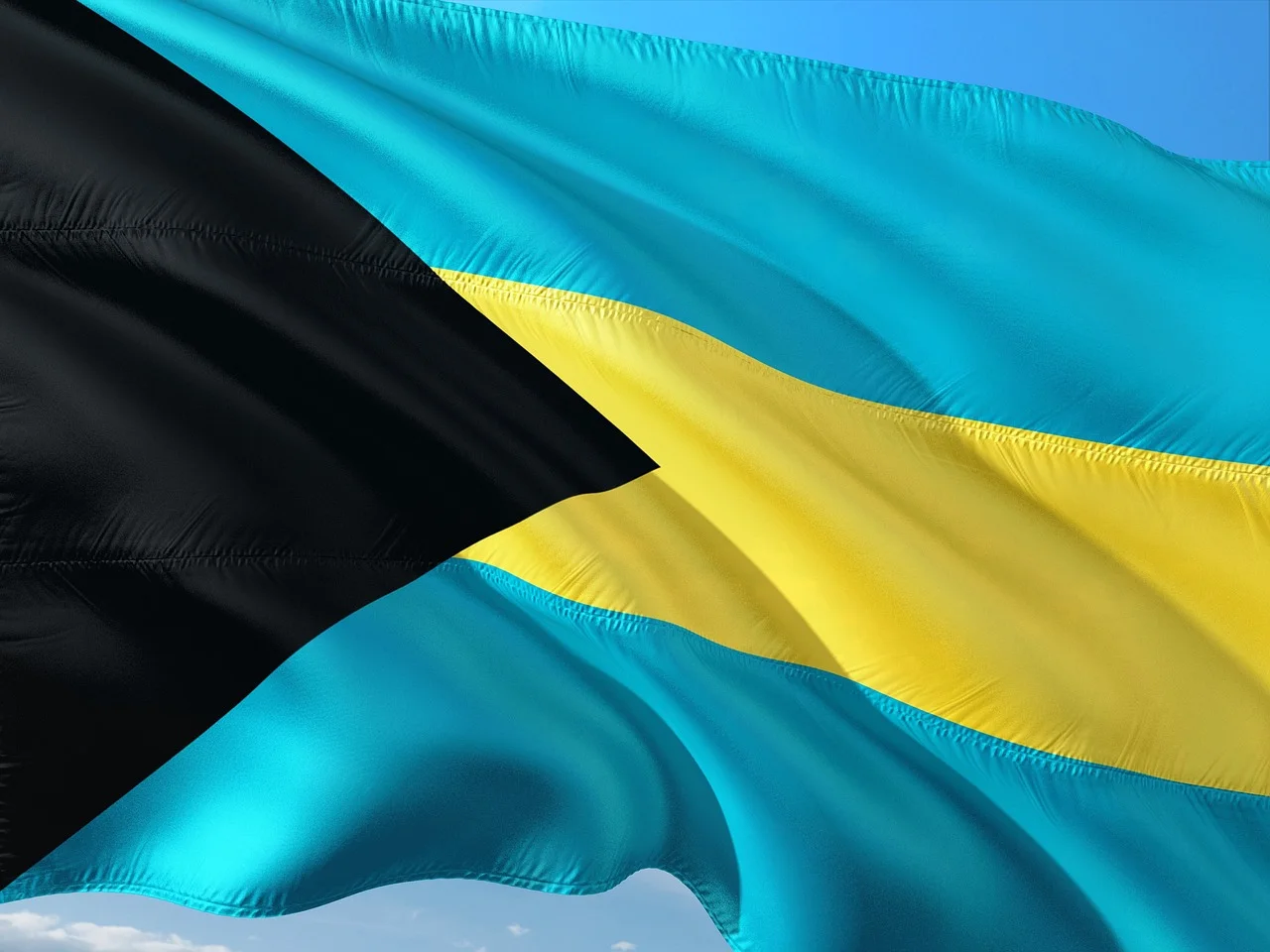Bahamas Ready to Introduce CBDC in 2 Years
02.07.2024 14:30 2 min. read Alexander Stefanov
To accelerate the use of the central bank's digital currency (CBDC), known as the "sand dollar", The Bahamas has announced a two-year plan to integrate the currency into the operations of commercial banks.
John Roll, governor of the Central Bank of The Bahamas, revealed his intentions to create the necessary regulations to ensure that all commercial banks offer access to CBDC to their customers.
The central bank’s strategy includes a move from encouraging to mandating the use of the sand dollar across all banking platforms.
Commercial banks will need to upgrade their information systems to meet the new requirements. These upgrades are essential to expand the use of CBDC and to improve the country’s mobile payment systems. While technical challenges are expected, this change is critical to modernizing financial transactions and strengthening the infrastructure of the digital economy.
Despite these efforts, sand dollar adoption rates are low, representing less than 1% of the country’s total money supply. From August 2022 to August 2023, wallet receipts declined dramatically, from $49.8 million to $12 million. This sharp decline has prompted the central bank to move from a voluntary to a forced approach to integrating digital currency.
The Bahamas’ strategy reflects a global trend where central banks are forcing the adoption of digital currencies. The European Central Bank, for example, plans to oblige retail and commercial banks to use the digital euro if it proceeds with its introduction. Similarly, the Reserve Bank of India saw a decline in daily transactions of its digital currency after initial incentives were withdrawn, highlighting the challenges of maintaining organic demand for digital currencies.
The Central Bank of the Bahamas is focusing on regulatory measures rather than financial incentives to ensure widespread use of its CBDC. Analyzing international experience, The Bahamas is seeking to develop a regulatory framework that will ensure sustainable engagement with the sand dollar. This approach could serve as a model for global digital currency policies.
-
1
Binance Introduces First Bonding Curve-based Token Launch With Four.Meme Collaboration
14.07.2025 21:00 2 min. read -
2
Telegram Launches TON Wallet for U.S. Users, Unlocking in-app Crypto Features
22.07.2025 17:30 2 min. read -
3
Western Union Explores Stablecoin Integration After GENIUS Act Approval
22.07.2025 10:00 2 min. read -
4
Polymarket Eyes Launching Stablecoin to Capture Reserve Profits
23.07.2025 10:30 2 min. read -
5
JPMorgan Eyes Crypto-backed Loans Amid Favorable U.S. Policy Shift
22.07.2025 9:35 2 min. read
Goldman Sachs and BNY Launch Tokenized Money Market Funds for Institutions
Goldman Sachs and BNY are set to unveil a groundbreaking blockchain initiative that will allow institutional investors to purchase tokenized shares of money market funds, according to CNBC.
Polymarket Eyes Launching Stablecoin to Capture Reserve Profits
Polymarket, the fast-growing crypto prediction market, is exploring the launch of its own stablecoin to capitalize on the yield generated from reserves backing USDC deposits.
PNC Bank Partners with Coinbase to Bring Crypto Trading to Clients
PNC Financial Services Group has teamed up with Coinbase, enabling select customers to buy and sell cryptocurrencies directly from their PNC accounts.
Telegram Launches TON Wallet for U.S. Users, Unlocking in-app Crypto Features
Telegram has officially rolled out its TON Wallet to users in the United States, marking a major step forward in the integration of blockchain and messaging.
-
1
Binance Introduces First Bonding Curve-based Token Launch With Four.Meme Collaboration
14.07.2025 21:00 2 min. read -
2
Telegram Launches TON Wallet for U.S. Users, Unlocking in-app Crypto Features
22.07.2025 17:30 2 min. read -
3
Western Union Explores Stablecoin Integration After GENIUS Act Approval
22.07.2025 10:00 2 min. read -
4
Polymarket Eyes Launching Stablecoin to Capture Reserve Profits
23.07.2025 10:30 2 min. read -
5
JPMorgan Eyes Crypto-backed Loans Amid Favorable U.S. Policy Shift
22.07.2025 9:35 2 min. read

